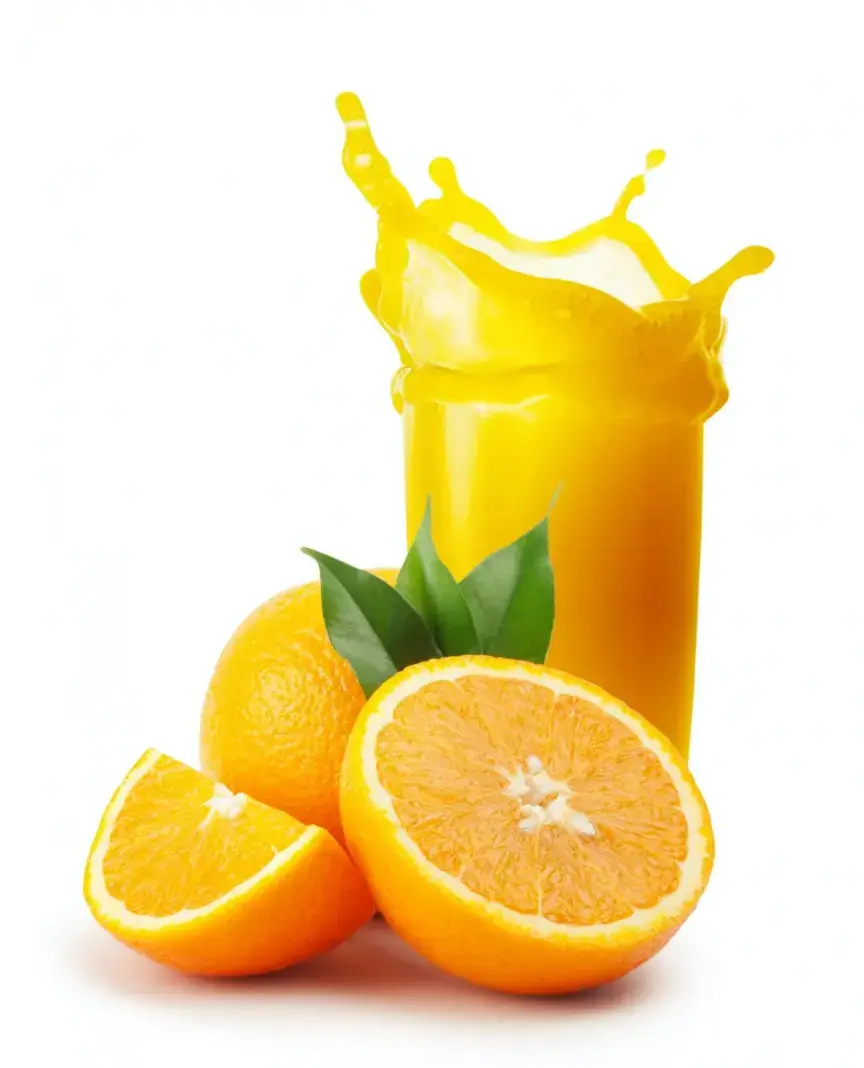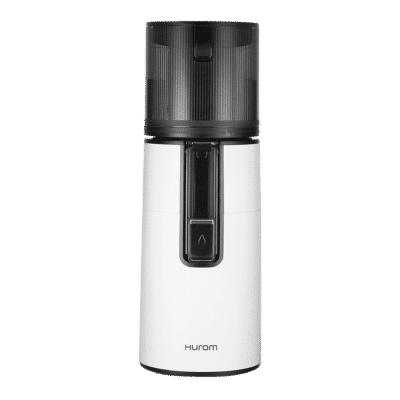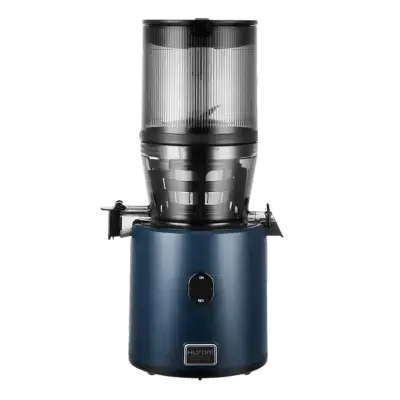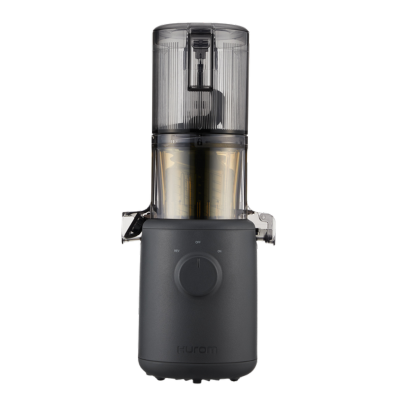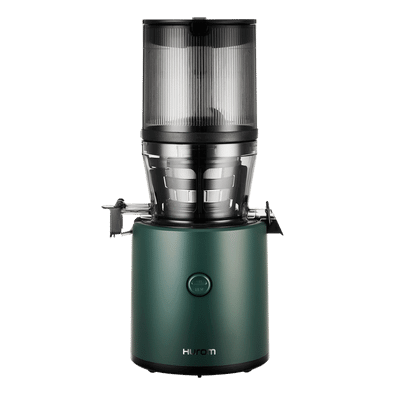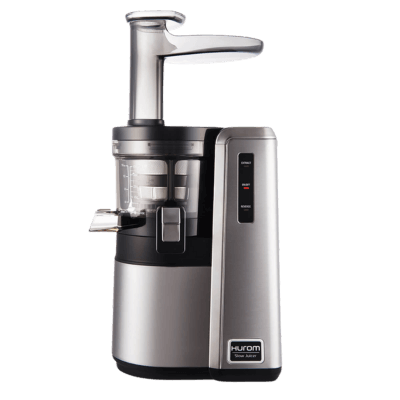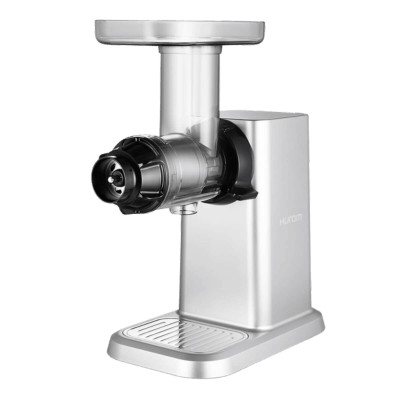Tauchen Sie ein in unsere Slow Juiced-Rezepte!
Von köstlichen Fruchtsäften bis hin zu supergesunden Gemüsesäften – wir haben alles für Sie!
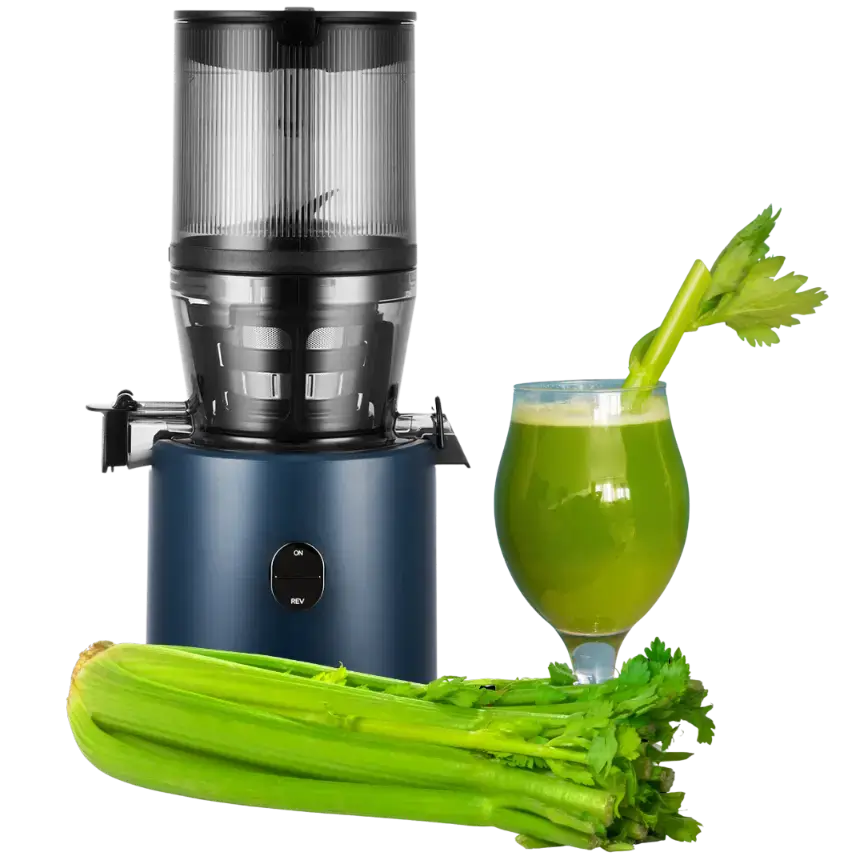
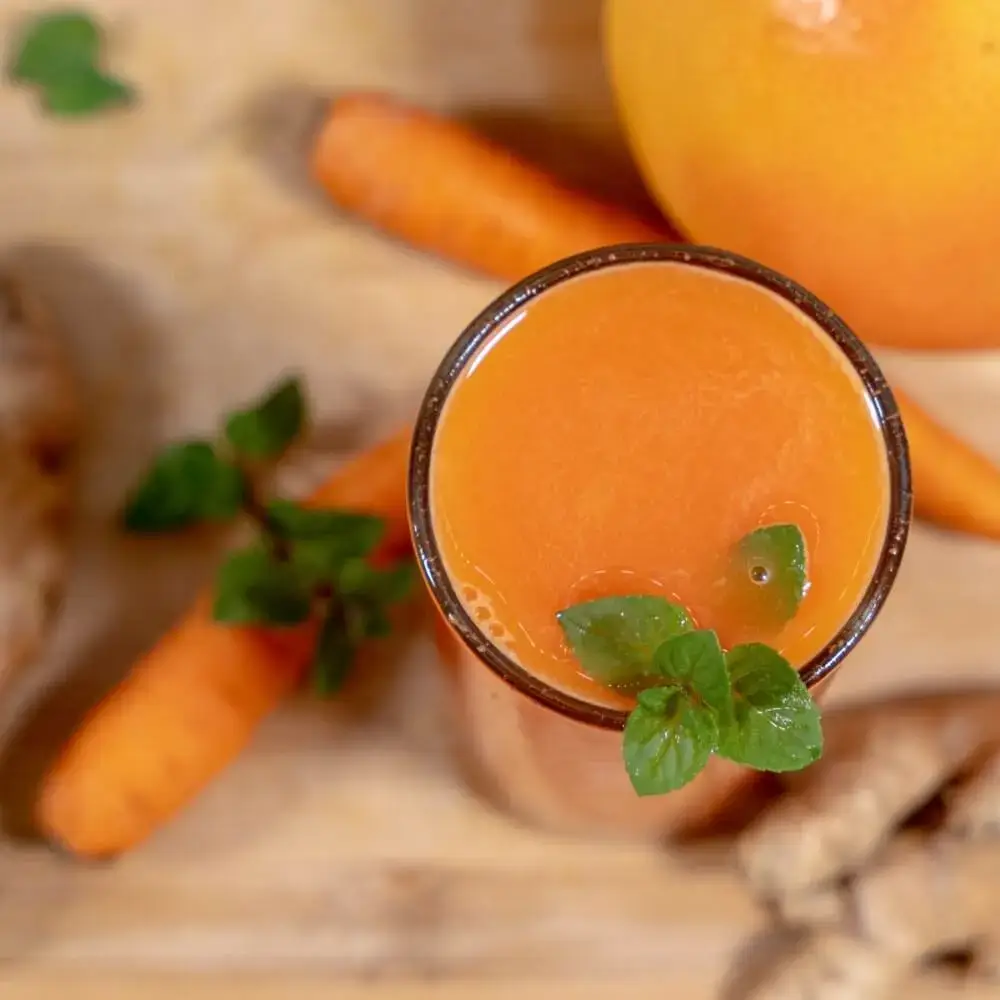
Über JuiceNext!
Was werden Sie auf JuiceNext finden?
Auf meiner Reise zum Entsaften habe ich verschiedene Entsafter verwendet. Hier teile ich meine Erfahrungen mit Ihnen!
Auf meiner Reise zum Entsaften habe ich verschiedene Entsafter verwendet. Hier teile ich meine Erfahrungen mit Ihnen!
Säfte sind der Jungbrunnen im Glas, der Ihren Körper verjüngt und Ihre Vitalität wiederherstellt.
Jack LaLanne
Der Gottvater des modernen Fitness
Galerie
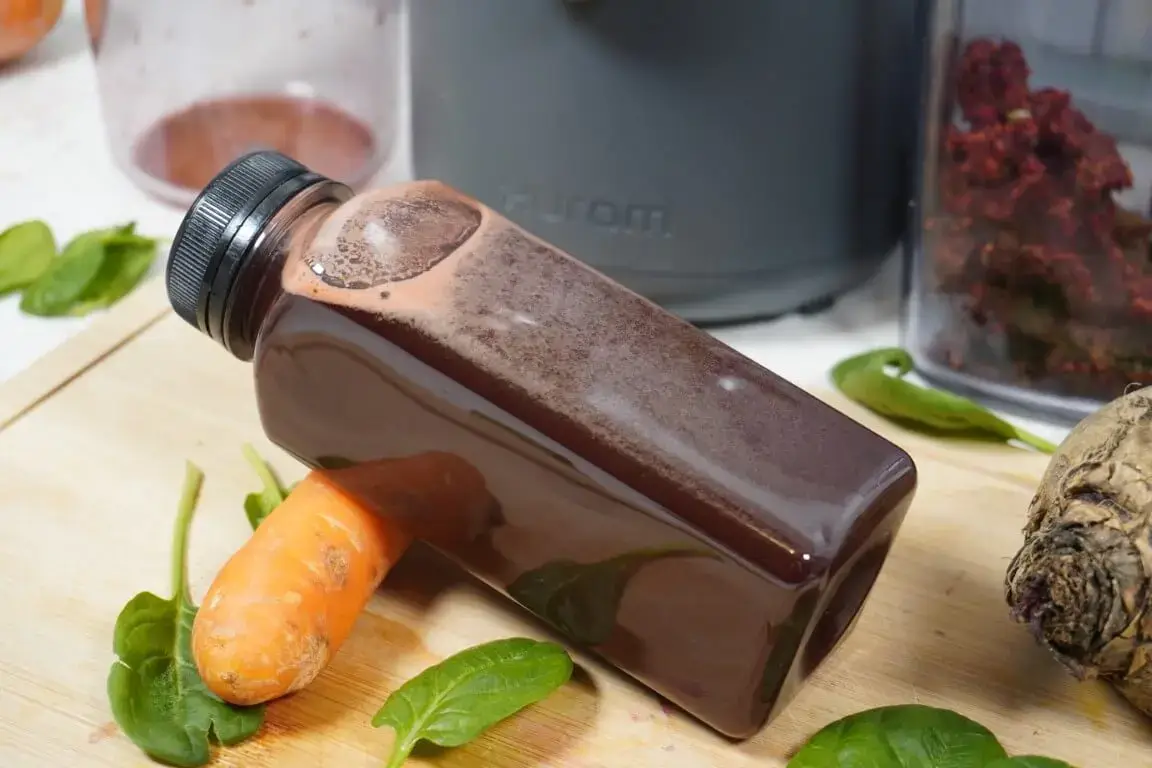
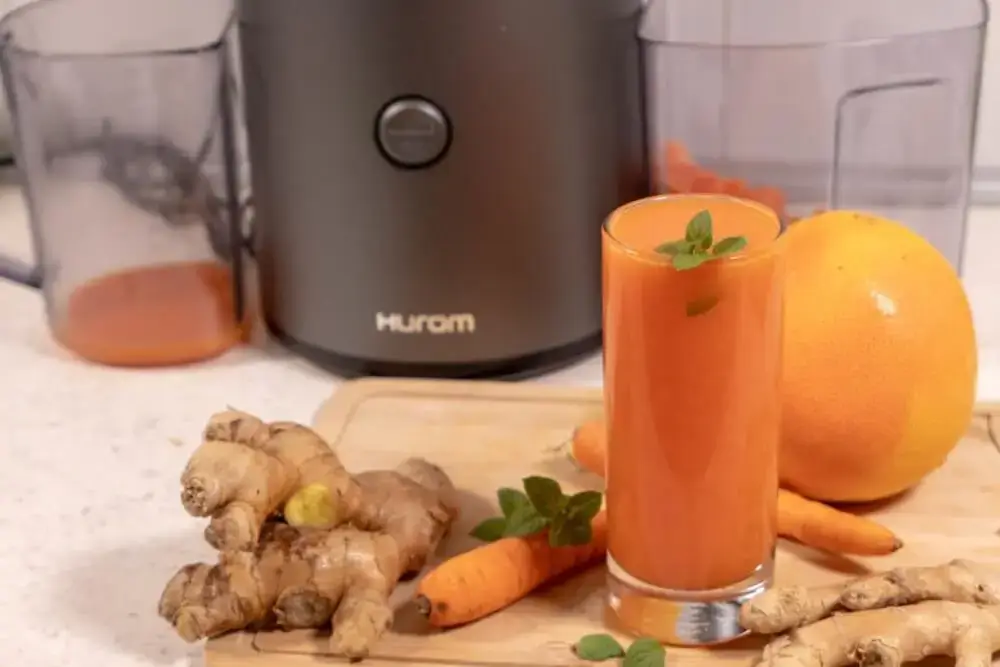
LIEBE
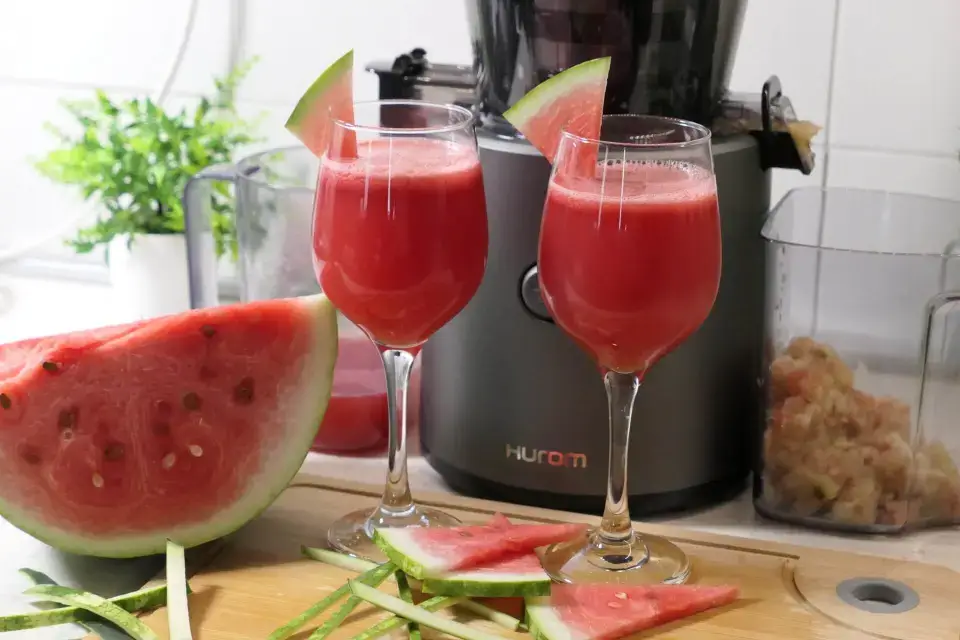
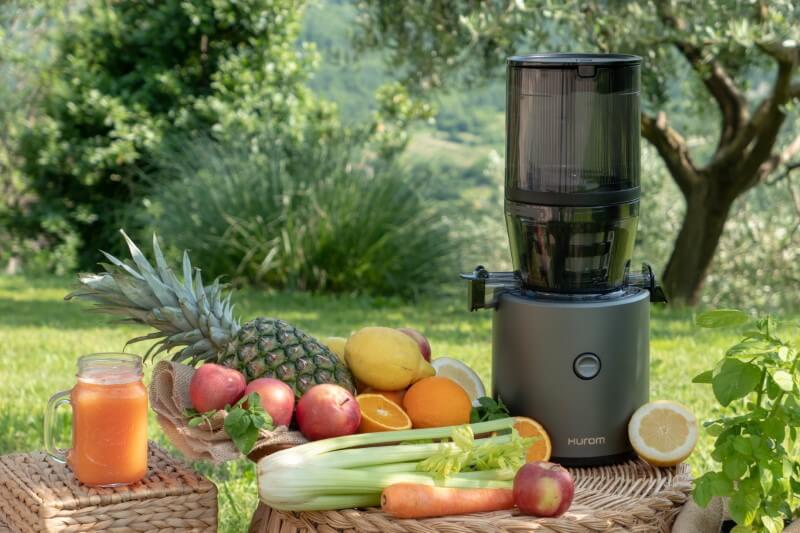
FAQ
Häufig gestellte Fragen
